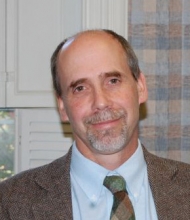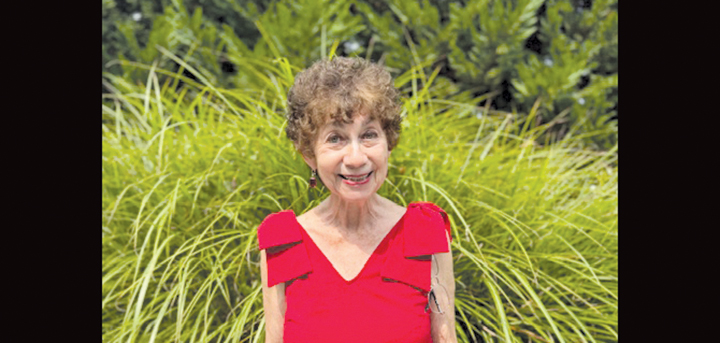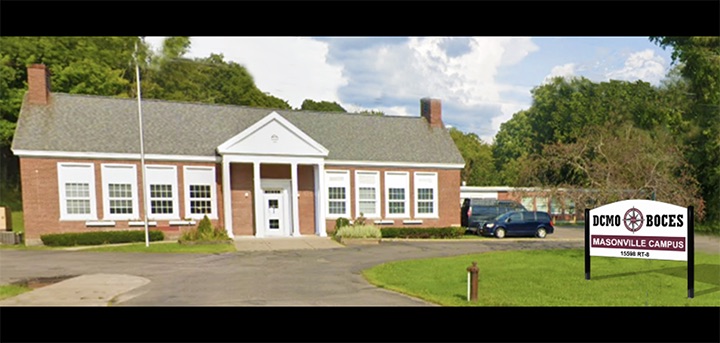Extension director honored for work on collecting natural gas info
NORWICH – Ken Smith, executive director of the Chenango County Cooperative Extension, will be recognized as one of the 2011 David J. Allee and Paul R. Eberts Community and Economic Vitality Award recipients today at Cornell University.
According to Cornell’s Community and Regional Development Institute, the award is given in recognition of innovative research and development of creative solutions to community issues. This year, Smith and his colleagues of the Cornell Cooperative Extension Marcellus Shale Team will be awarded for their work in providing accurate, research based information about the process of natural gas drilling and its implications.
Smith said he is only one small part of a larger group of award recipients. The knowledge and research that the team collected shares both ends of a heated argument and their ability to present this data will be the primary focus at tonight’s ceremony.
The team began its work in 2008 and has been actively involved in teaching the health concerns and the economic opportunities associated with natural gas drilling. Smith joined the team in December, 2009 and was actively referred to for information regarding the agricultural impact of the process. The goal, he said, was to protect agricultural resources. The team offered an array of perspectives surrounding some of the complex issues of natural gas from both industrial and agricultural sources.







Comments